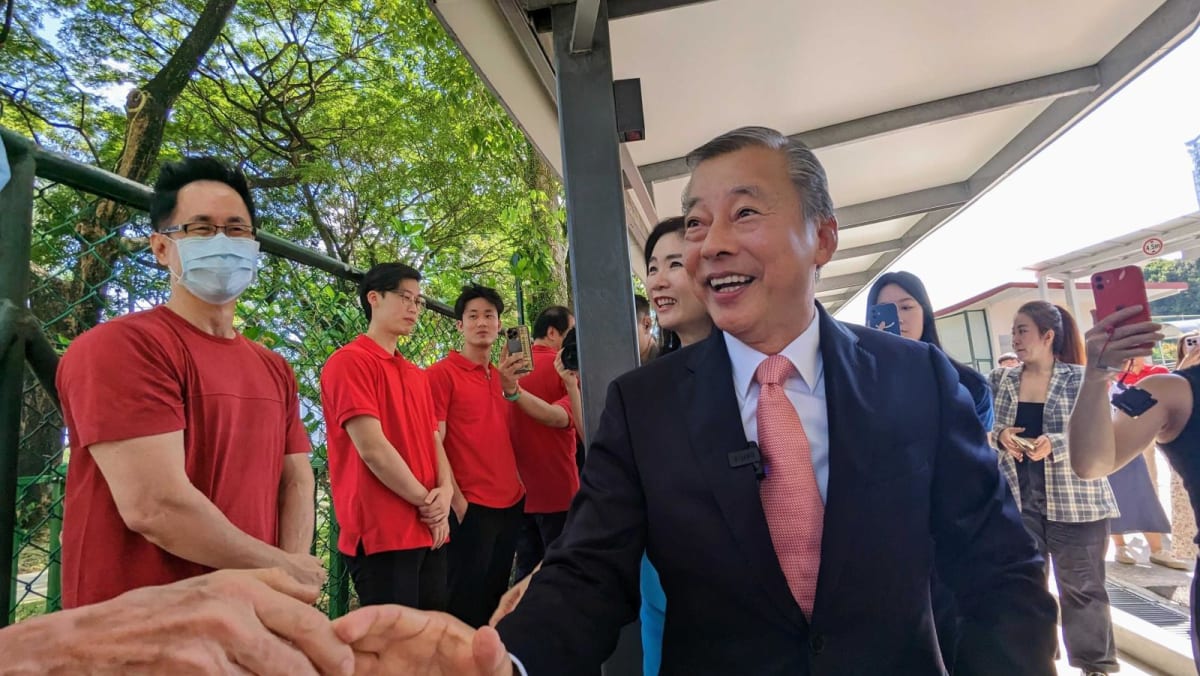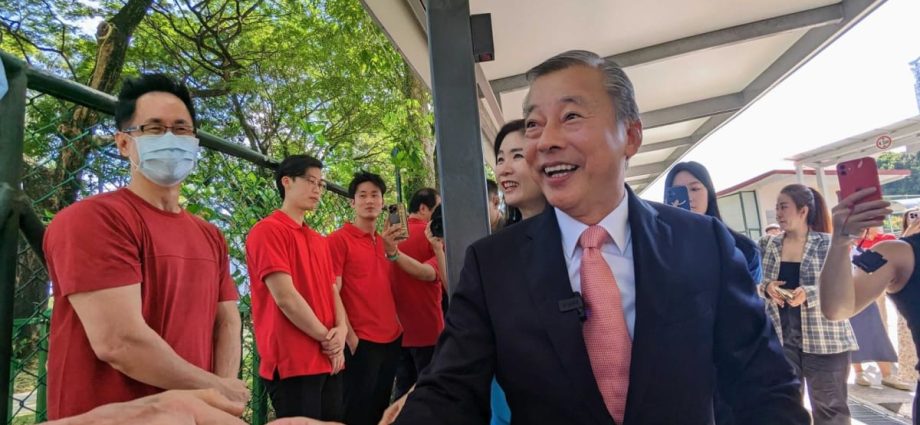
SHOWING COMPARABLE EXPERIENCE AND ABILITY
Before Mr Goh continues further on the campaign trail, it would be helpful if he could put out all relevant facts and also explain to voters how he intends to make his case, to enable the PEC to exercise its discretion to issue the much-coveted Certificate of Eligibility to him.
Thus far, Mr Goh has indicated that he will rely on this track record based on the number of companies he founded or incorporated, or of which he is a shareholder or original subscriber.
The Constitution places a premium on a prospective candidate’s “experience and ability” in running a large company. Acquiring and founding several much smaller companies, while reflecting a keen business acumen and also a function of wealth, is quite different from having the competence and expertise in running a profitable company of a significant size for at least three years.
It is for Mr Goh to show that his ownership of a stable of companies and being on numerous boards of directors is comparable to that of running a profitable company with S$500 million shareholder equity.
Parliament had accepted the recommendation of the Constitutional Commission of 2016, which was headed by Chief Justice Sundaresh Menon, to use shareholder equity instead of the previous market capitalisation criteria (understood as the total value of all shares of a company) as the assessment metric.
Simply put, shareholder equity refers to a company’s assets minus its liabilities and indicates the net profit that would remain if the company was sold or liquidated at fair value. It is considered a more accurate estimate of a company’s net worth, as it does not fluctuate day to day based on the stock price, unlike market capitalisation.
In other words, shareholder equity is a better indicator of a company’s size and complexity.
DON’T RAISE FALSE HOPES
While there is hope yet for a spirited and contested Presidential Election, it might be too early to assume that every presidential hopeful is eligible to contest.
The stringent criteria, as explained in my earlier CNA commentary, ensure the president has, minimally, a track record demonstrating technical competence and expertise to discharge the functions and exercise the powers of the presidency appropriately and effectively.
This pre-qualification approach was established since 1991 to ensure that voters choose from a slate of qualified and suitable candidates. The act of casting a ballot is significant for a citizen’s expression of democratic choice and the electoral process enables candidates to gain a fair hearing from voters.
The PEC cannot be expected to bend the rules just so that there is a contest. Given the role and functions of the presidency, any presidential poll must have suitably qualified candidates. This ensures that the non-partisan head of state has exacting standards of ability, experience and integrity.
And though presidential hopefuls put themselves forward with the best intentions of serving Singapore and Singaporeans, they also have a moral responsibility not to raise false hopes among voters.
Eugene K B Tan is associate professor of law at the Singapore Management University and a former Nominated Member of Parliament.

